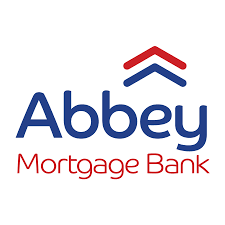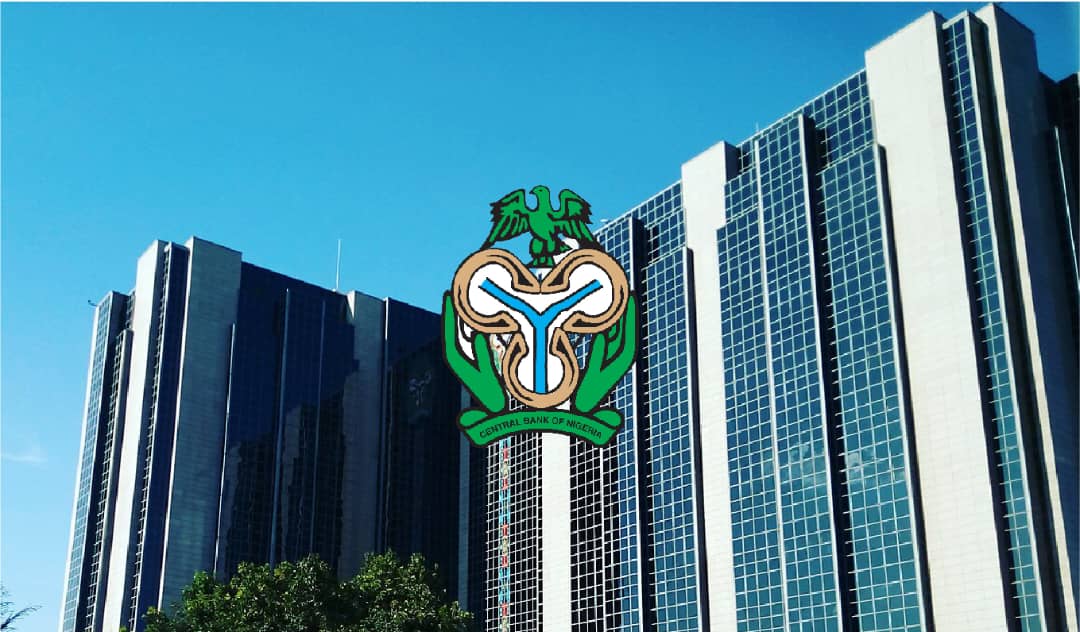
Abbey Mortgage Bank, 14 Others Default In NGX Free Floating Rules
Abbey Mortgage Bank, 14 Others Default In NGX Free Floating Rules
Abbey Mortgage Bank Plc and 14 listed companies have fallen into default positions in the Nigerian Exchange free float rules.
This was contained in the NGX X-Compliance report dated August 2, 2024. They have a less-than-required minimum number of shares that should be available to minority retail shareholders, a major infraction that may adversely affect liquidity and efficient price discovery.
NGX stated that, “companies listed on the Exchange are required to maintain a minimum free float for the set standards under which they are listed in order to ensure that there is an orderly and liquid market for their securities.
Listing the free float requirements for companies listed on the various boards of the Exchange, NGX said, “for Growth Board, a minimum of 10 per cent of the issued and fully paid up shares or the value of its free float is equal to or above N50 million, for entry segment and a minimum of 15 per cent of the issued and fully paid up shares or the value of its free float is equal to or above N50 million, for standard segment
“For Alternative Securities Market (ASeM), a minimum of 15 per cent of issued and fully paid up shares or the value of its free float is equal to or above N50 million; on Main Board, a minimum of 20 per cent of the issued and fully paid up shares or the value of its free float is equal to or above N20 billion; while on Premium Board, a minimum of 20 per cent of issued and fully paid up shares or the value of its free float is equal to or above N40 billion.”
Although, the affected companies have applied for waivers from the managements of NGX Regulation Limited (NGX REGCO) and NGX and have provided compliance plans with tentative timelines to support their requests.
The managements of NGX RegCo and NGX considered and approved an extended timeframe for the companies to return to compliance with their listings requirements. The companies are also required to provide compliance reports on a quarterly basis to NGX RegCo detailing their level of implementation of the compliance plans provided.
The report showed that eight companies out of the 15 affected companies have indicated possible dates for the resolution of the free float deficiency.
According to the report, all the deficient companies are listed on the main board of the Exchange. Abbey Mortgage Bank has a free float of 19.54 per cent (N2.396 billion), Aluminium Extrusion Industries, 16.61 per cent (N261.16 million); Champion Breweries, 3.58 per cent (N913.23 million); while Ekocorp has free float of 12.64 per cent (N364.84 million).
Others included eTranzact International, 17.39 per cent; Golden Guinea Breweries, 8.14 per cent; Honeywell Flour Mills, 14.46 per cent; Infinity Trust Mortgage Bank, 7.26 per cent; International Breweries, 11.03 per cent; Medview Airline, 14.16 per cent; Notore Chemical Industries, 0.87 per cent; Prestige Assurance, 15.49 per cent; Tourist Company of Nigeria, 1.77 per cent; Union Dicon Salt, 2.17 per cent; and UPDC has a free float of 4.89 per cent.
Speaking on this, the chief operating officer, InvestData Consulting Limited, Ambrose Omordion, said, “the issue of free float or what we call lack of float in the market leads to overvaluation of some stocks because there is lack of volume to move the price of shares either upward and downward. Most of these companies refused to allow the public to have the total benefit of free float.”
He urged the regulators to enforce compliance to make the companies play the rules of the game, saying, “the use of technology in the market is a very good innovation that is there to boost market participation and fair play. Free float will promote transparency, equity and improve confidence.
“The promoters should not keep much of these shares to themselves because without volume prices cannot move or they will remain flat. If there are a lot of activities, the investing public will benefit and the economy in general would be boosted through an improved market which is used as a barometer for growth.”
Stock markets maintain minimum public float to prevent undue concentration of securities in the hands of the core investors and related interests, a situation that can make the stock susceptible to price manipulation. Besides, it provides the general investing public with the opportunity to reasonably partake in the wealth creation by private enterprises.














Post Comment